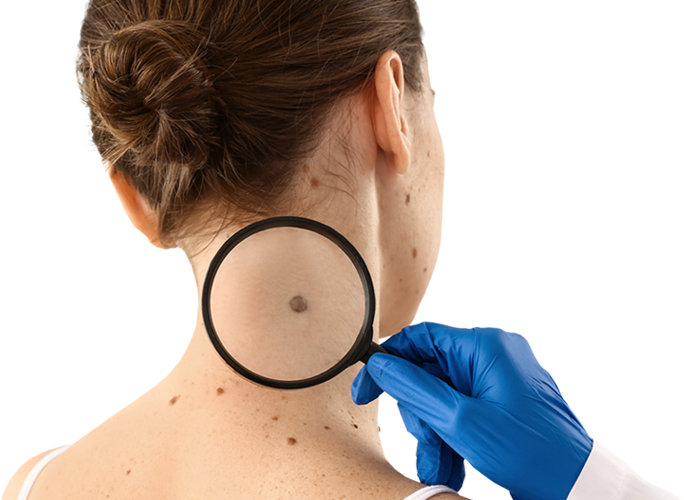
Mole Removal
- Quick, painless advanced treatment
- Best results with thoroughly trained staff
- Boost your self-confidence

Derby
30 St Peters Street, Derby
DE1 1SH
Tel: 01332 340619
Harrow
464 Alexandra Avenue,
Harrow, HA2 9TL
Tel: 0208 866 6435
London Paddington
31 Southwick St. London
W2 1JQ
Tel: 020 7402 2772
Slough
183 Farnham Road, Slough
Berkshire, SL1 4XP
Tel: 01753 522 071
Hounslow
435-437 Great W. Road, Hounslow,
Middlesex, TW5 0BY
Tel: 0748 889 4062
Reading
292 Oxford Road, Reading
Berkshire, RG30 1AD
Tel/Text: 0748 889 5547
Southall
247 The Broadway, Southall
Middlx, UB1 1NF
Tel: 020 8571 0300
Wembley
17 Wembley Hill Road,
Wembley, HA9 8AF
Tel/Text: 07830 318860

Derby
30 St Peters Street, Derby
DE1 1SH
Tel: 01332 340619
Harrow
464 Alexandra Avenue,
Harrow, HA2 9TL
Tel: 0208 866 6435
London Paddington
31 Southwick St. London
W2 1JQ
Tel: 020 7402 2772
Slough
183 Farnham Road, Slough
Berkshire, SL1 4XP
Tel: 01753 522 071
Hounslow
435-437 Great W. Road, Hounslow,
Middlesex, TW5 0BY
Tel: 0748 889 4062
Reading
292 Oxford Road, Reading
Berkshire, RG30 1AD
Tel/Text: 0748 889 5547
Southall
247 The Broadway, Southall
Middlx, UB1 1NF
Tel: 020 8571 0300
Wembley
17 Wembley Hill Road,
Wembley, HA9 8AF
Tel/Text: 07830 318860



Expert Team of
professionals
Award winning
Clinics Across the UK
9 Clinics
Across the UK
Rated 92%
on Trustpilot
Over 1 million Treatments
delivered
Moles are a common skin condition that affects many people. They can appear anywhere on the body but most commonly occur on the face and neck. Moles can range in colour from pink to light brown, dark brown or even black.
Moles typically appear during childhood and adolescence, although most people have 10 to 40 moles, some of which may alter in appearance or fade with time. They are usually round or oval but can be very small or large, flat or raised, smooth or bumpy, and may or may not have hair growing out of them.
Moles are formed when melanocytes in the skin’s cells (melanocytes) grow in clusters or clumps. Melanin, the natural pigment that gives your skin its colour, is produced by melanocytes distributed throughout your skin.
The majority of moles are brown. Moles come in a variety of shapes, forms, and sizes:
The majority of moles are harmless, but there is always the risk of it being cancerous. That’s why it’s essential to have your moles checked regularly by a dermatologist. Moles can usually be removed for cosmetic reasons with electrolysis.
Most patients choose electrolysis because it is less expensive and less painful than surgery or laser therapy. We at CoLaz remove moles using advanced electrolysis.
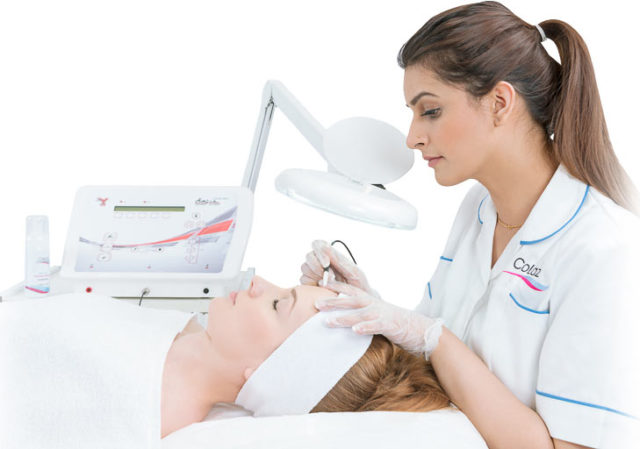
CoLaz uses the procedure of advanced electrolysis to remove moles by sending an electrical current into a mole and destroying its cells without damaging any surrounding tissue. Usually, the mole is left to slough off naturally but can also be removed on the same day. This method has been proven quick, painless, effective and leaves little scarring at the treatment site.
We have experienced practitioners at each clinic, so rest assured that our therapists at Colaz are thoroughly trained for the best results.
Please note that if you would like mole removal, we require a letter from your GP confirming the mole is safe to remove for cosmetic reasons.

The most important rule that you should remember about skin cancer is the ABCDEs.
The acronym stands for…
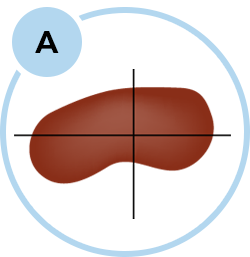
Asymmetry
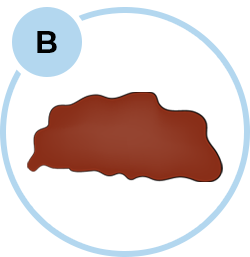
Border Irregularity
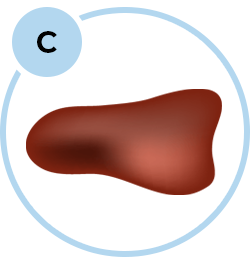
Colour variation (variegated)
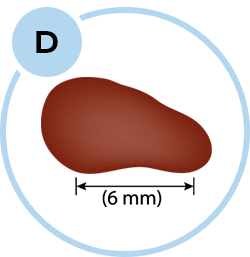
diameter greater than 0.75 cm or length greater than ¼ inch in adults
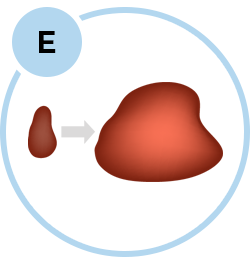
Evolving (changing)

Asymmetry

Border Irregularity

Colour variation (variegated)

diameter greater than 0.75 cm or length greater than ¼ inch in adults

Evolving (changing)
If you notice any changes in moles then please consult your GP. Read more about mole health
Treatment
Price
Buy
Consultation Fee
£30
1 Mole
£350
2 Moles
£450
3 Moles
£550
If you have more than 3 moles – please call the clinic to book a consultation. Please note all follow-up appointments & re-treatments on the same mole are included in the price so you will not incur additional charges. Consultation fee is redeemable against treatment otherwise non-refundable

The First Step is to have a consultation.

Your treatment is the second step.

The Final Step is AfterCare
Book a consultation with an experienced clinician. Your Mole Removal will be assessed during your consultation, and a treatment plan will be put into place.
There will be a £30 Consultation fee to be paid when booking an appointment, but this is redeemable against the treatment.
The clinician will mark out the blemish areas and perform the treatment.
You must keep your skin dry and clean. You may have small crust or scabs form after treatment. You mustn't pick these and allow them to slough off naturally. More in-depth aftercare will be given to you during your consultation.
ONE OF OUR ADVISERS WILL CALL YOU BACK SHORTLY TO ARRANGE YOUR CONSULTATION.
Removing a skin mole can offer some significant health benefits. It's essential always to get your moles checked by a dermatologist as these growths may be cancerous. This procedure can also benefit your self-confidence and help you avoid embarrassment.
The time it takes to remove a mole will depend on the growth's size and location. Generally, skin moles can be removed in less than an hour if they are small enough; however, more complicated or more extensive moles may need more appointments for removal.
The procedure of removing a mole with electrolysis is quick, and there may be some minor discomfort; however, before the treatment, a topical anaesthetic is applied to your mole to reduce any potential sensation.
No, after your mole has been treated, it will not return. However, you may develop new moles in various locations as you age due to your genetics.
If your mole is small, you may require one treatment or if it is slightly larger, you may need 1-3 treatments at four weeks intervals. This all varies on your mole as if they are small; they can often be removed the same day; however, larger moles with a decrease in size need retreatment. If you need a top-up treatment on the same mole, this is included in the price - no extra charge.
After treatment, the area will feel sore, and you may experience tingling in the area. There will be minor scabbing in the area - do not remove them as this is typical, and they will clear in a few days.
Where the mole was present, there can be hyperpigmentation or hypopigmentation. Remember, if your mole is dark, then there is a possibility the skin may be slightly darker where the mole was, or it may be a lighter colour.
Occasionally you may get an indentation in the area. It is hard to predict what colour your skin is under the mole as a clinician.
Electrolysis is a safe and fast way to get rid of healthy moles, and it can be used in any region of the body.
